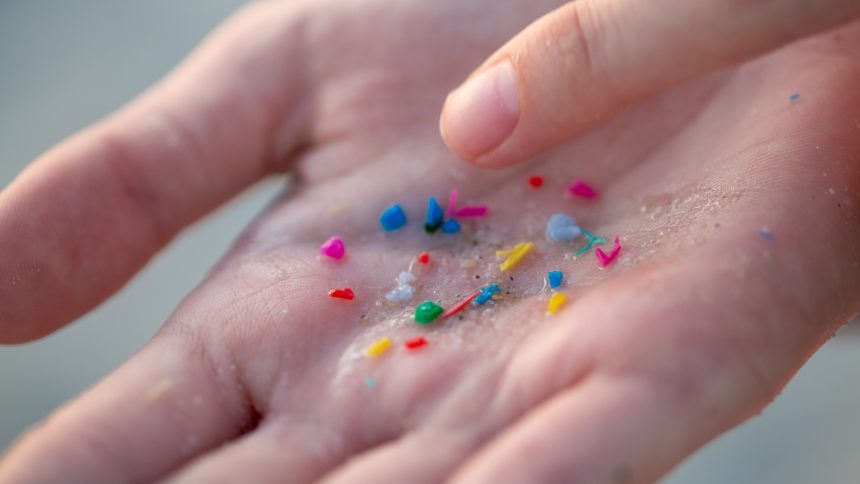Recent research conducted by the University of Mexico has found that microplastics are present in every single testicular tissue sample tested, whether from dogs or humans. The study, published in the journal Toxicological Sciences, emphasizes the widespread presence of microplastics in male reproductive systems and their potential impact on fertility. These findings suggest that microplastics are entering the human body through pathways such as food, beverages, and air. Seafood, for example, is a significant source of microplastics due to ocean pollution. The study also revealed that certain types of microplastics may be associated with smaller testes and lower sperm count. More research is needed to fully understand the effects of microplastics on reproductive health, but it is evident that urgent action is required to address this issue at a global level.






